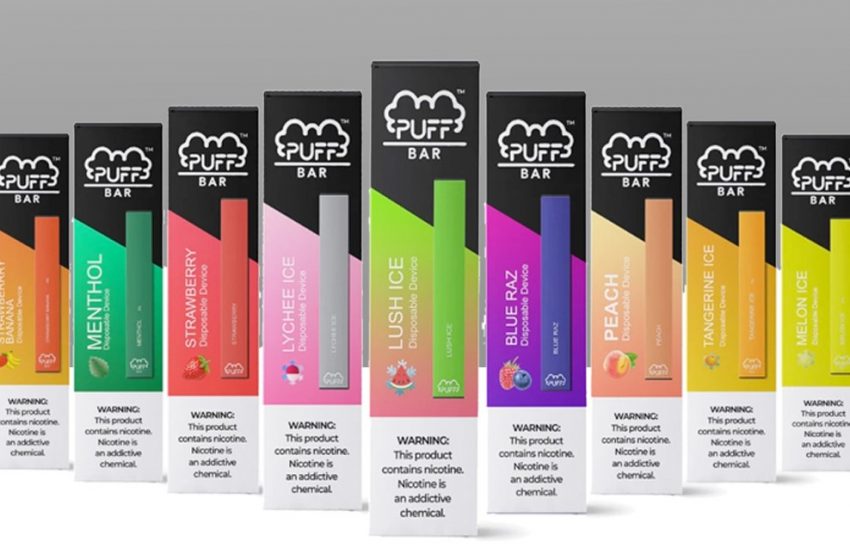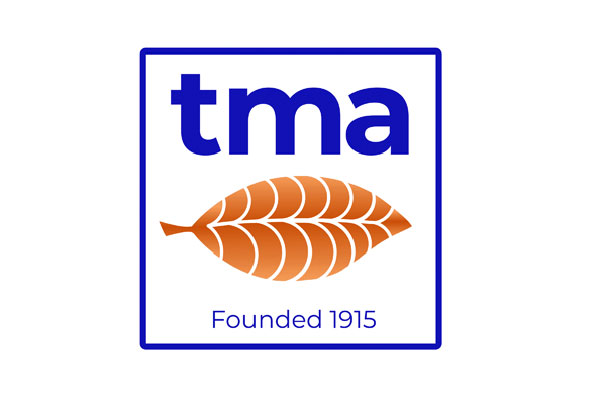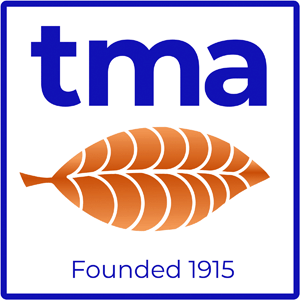
Philip Morris International announced its support of the U.K. government’s plan to simplify the pathway to license electronic cigarettes and other inhaled nicotine-containing products as medicines in England.
“The U.K. already has one of Europe’s lowest smoking rates, supported by a high rate of smokers who have switched to better alternatives,” the company wrote in a press note. “This proposal makes the U.K. the first country in the world to encourage the medical licensing of e-cigarettes via prescription as a route to further lower smoking rates, particularly among low-income smokers.”
“The U.K. is a global leader in medicine, science and public health,” said PMI’s senior vice president, of external affairs, Gregoire Verdeaux. “Expert scientific reviews in the U.K. and U.S. are clear that smoke-free alternatives—such as e-cigarettes—offer adults who would otherwise continue to smoke cigarettes a better alternative. We welcome the U.K. government’s continued recognition that regulated e-cigarettes and other inhaled nicotine-containing products, while not risk-free, are less harmful than smoking and can significantly benefit public health.”
PMI said regulators can decisively accelerate the decline of smoking through risk-proportionate regulations for all nicotine-containing consumer products. A growing number of countries—including the U.S., New Zealand, Italy, Portugal, Greece and Bulgaria—have recognized this approach and implemented differentiated regulation for noncombustible alternatives, according to the company.















 TMA will hold a virtual annual conference on Nov. 16-17, TMA 2021: From Chance to Change. As the industry has been challenged in many ways this year, TMA believes it is important to share insights among all stakeholders to equip its audience and members with the understanding and information necessary to successfully navigate the changes that lie ahead. TMA 2021 will feature two half-day interactive virtual sessions with keynotes from regulatory leaders and panel discussions from industry and stakeholder thought leaders that covers everything from Food and Drug Administration policy, marketing denial orders, product authorization pathways (PMTA, SE, MRTP, exemptions) and global trends that may surface in the U.S. and vice-versa.
TMA will hold a virtual annual conference on Nov. 16-17, TMA 2021: From Chance to Change. As the industry has been challenged in many ways this year, TMA believes it is important to share insights among all stakeholders to equip its audience and members with the understanding and information necessary to successfully navigate the changes that lie ahead. TMA 2021 will feature two half-day interactive virtual sessions with keynotes from regulatory leaders and panel discussions from industry and stakeholder thought leaders that covers everything from Food and Drug Administration policy, marketing denial orders, product authorization pathways (PMTA, SE, MRTP, exemptions) and global trends that may surface in the U.S. and vice-versa.